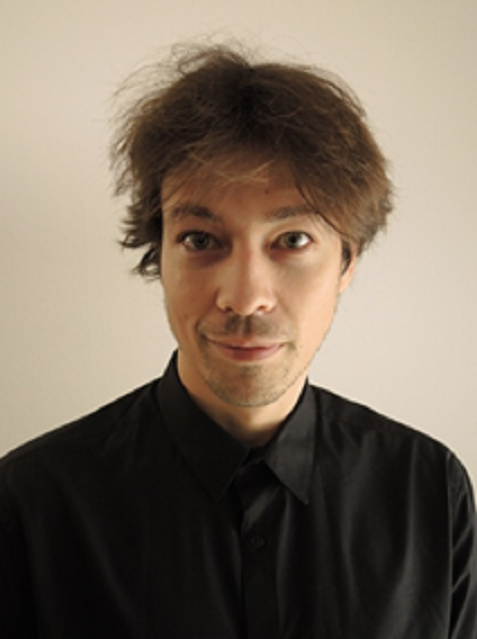2021
Project: Collective management and self-governance as a challenge to the post-revolutionary nation state?
André Weißenfels
(PhD candidate, FU Berlin/ Germany)
André Weißenfels is Scientific Associate and doctoral researcher at FU-Berlin. Trained in Near-and Middle Eastern Studies and Sociology, André’s PhD project analyzes the everyday of Tunisian employees in a French factory in Tunis and how it connects to global capitalist dynamics and the post-colonial development project of the Tunisian state. In his teaching, André focuses on topics of political economy, power-knowledge dynamics and anarchist thought and practices. In the context of the MECAM fellowship he collects testimonies of autonomous self-administration in the aftermath of the revolution in 2010. During this time, different groups all over Tunisia decided to claim (back) state lands. In many cases, people took control over those lands and started to work them individually or collectively. Almost all of those projects have disappeared after the State started to take back/ expropriate those lands since 2014. The aim of André’s research project is to collect those experiences and to theorize them from an anarchist perspective.

Project Inequality & Mobility
- Engage with examples of autonomous self-government
- Flesh out their social dynamics and their historical context
- Reflect on their meaning for an ongoing postcolonial struggle, postrevolutionary learning processes and the application of anarchist practice.
